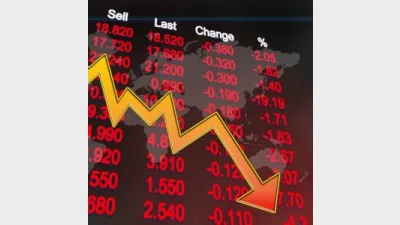Super disclosure regime to harm retirement outcomes



The Government’s proposed disclosure requirements for superannuation funds will negatively impact retirement income, according to the Australian Institute of Superannuation Trustees (AIST).
The disclosure regime, set to come into effect on 31 December, would require super funds to disclose the precise value of privately held assets.
AIST chief executive, Eva Scheerlinck, said while the association supported disclosure on a wide-ranging basis, it needed to be done in a way that did not prejudice members’ best financial interests.
“Requiring super funds to disclose the precise value of privately held assets will compromise their ability to effectively implement investment strategies on behalf of members – members’ retirement outcomes will be harmed,” she said.
“Signalling the precise value of unlisted assets will enable other institutional investors, including overseas buyers including sovereign wealth funds and hedge funds to receive an unfair advantage over Australian super funds. This may risk co-investment opportunities and ultimately may jeopardise Australian jobs and returns to Australian super fund members.
“Unbelievably, the Government would be giving overseas investors a leg up at the expense of Australian fund members.”
AIST said if implemented in its current form, the regime would:
- Give an advantage to foreign buyers (who were not required to disclose specific values) over Australian super funds – this may increase foreign ownership of these assets over time and jeopardise Australian jobs;
- Make Australian super capital less attractive to investment partners and reduces access to investment opportunities;
- Prevent Australian super funds from maximising the sale price when they were selling an unlisted asset as buyers would have information on the vendor’s current carrying value;
- Give foreign buyers an advantage when they were bidding for other assets in the same market as those held by Australian super funds as they would have a clear signal of value;
- Have a negative impact on the carrying value of assets held by Australian State and Federal Governments where interests were held alongside Australian super funds;
- May lead to opportunistic sale approaches with public/shareholder pressure to sell the asset at the disclosed value; and
- Under the proposed derivates disclosure, a hedge fund would be able to use disclosed information against an Australian super fund, adversely effecting pricing and returns.
Recommended for you
Australia’s largest super fund, AustralianSuper, has announced multiple additions to its executive leadership team to focus on global growth and innovation.
Super Review rounds up last month’s biggest people moves in the superannuation industry, including a new fund chair and a private markets head.
Investment returns for the Future Fund hit a milestone in September, adding $200 billion in value for the first time ever.
Australia’s largest super funds have deepened private markets exposure, scaled internal investment capability, and balanced liquidity as competition and consolidation intensify.









